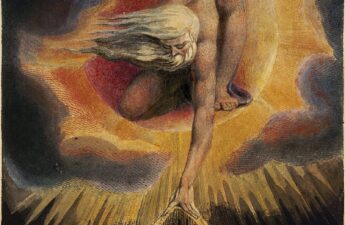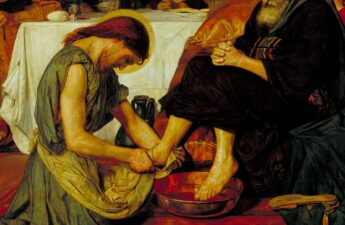“When we are no longer able to change a situation-we are challenged to change ourselves.” Frankl, 1946, pg.116
Finding Meaning in Suffering
“If there is a meaning in life at all, then there must be a meaning in suffering. Suffering is an ineradicable part of life, even as fate and death. Without suffering and death human life cannot be complete.” Frankl, 1946, pg. 76
Viktor Frankl proclaimed that without a meaning in our life, we live in turmoil, destruction and decay. The only antidote to such decay is to find our meaning. Frankl believed meaning existed in every moment, only to be discovered. In his book ‘A Man’s Search for Meaning’, he documents his time as a prisoner in concentration camps, and how he managed to find meaning in such immense suffering.
“He who has a why to live can bear with almost any how.” Friedrich Nietzsche, cited by Frankl, 1946, pg.84
When amidst unavoidable suffering, our task, as human beings, is to face the trials that life hands us and try to find answers. In his dire circumstances, Frankl suggests that at times, it was imperative to stop questioning the meaning of life, and instead question what was being asked of him. With this change of attitude, a sense of duty was introduced; duty towards life. He ceased being the one expecting something from life, and instead believed there was an expectation of him. He was being faced with torturous circumstances that he couldn’t do anything about, how was he going to answer?
“…it did not really matter what we expected from life, but rather what life expected from us…Life ultimately means taking the responsibility to find the right answer to its problems and to fulfil the tasks which it constantly sets for each individual.” Frankl, 1946, pg. 85
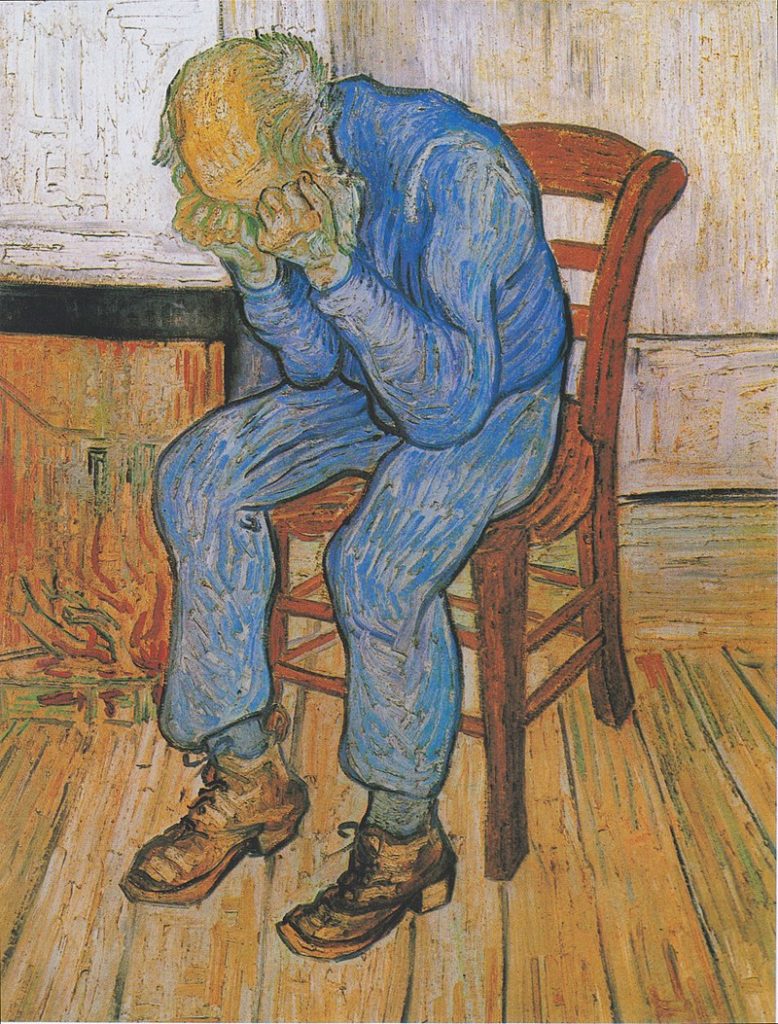
Our Final Freedom
“Everything can be taken from a man but one thing: the last of the human freedoms-to choose one’s attitude in any given set of circumstances, to choose one’s own way.” Frankl, 1946, pg. 75
Frankl was stripped of his freedom and identity and found that still, one choice remained his own. He could choose his attitude towards his circumstances. Regardless of what happened on the outside, internally he could find some control. By doing so, he depended on his attitude to regulate his spirit, as oppose to the circumstances over which he had no control.
This isn’t being flippant; in severely challenging circumstances it is immensely difficult to not be overcome by them. But, reasonably, if we acknowledge our ability to control our attitude towards any given circumstance, we can ever so slightly elevate ourselves above circumstance. This choice that is ours to the end, can act like an elevated step in a room filling with water, allowing us to steal breaths from underneath the waterline.
“Which choice will be made an actuality once and forever, an immortal “footprint in the sands of time”? At any moment, man must decide, for better or for worse, what will be the monument of his existence.” Frankl, 1946, pg. 124
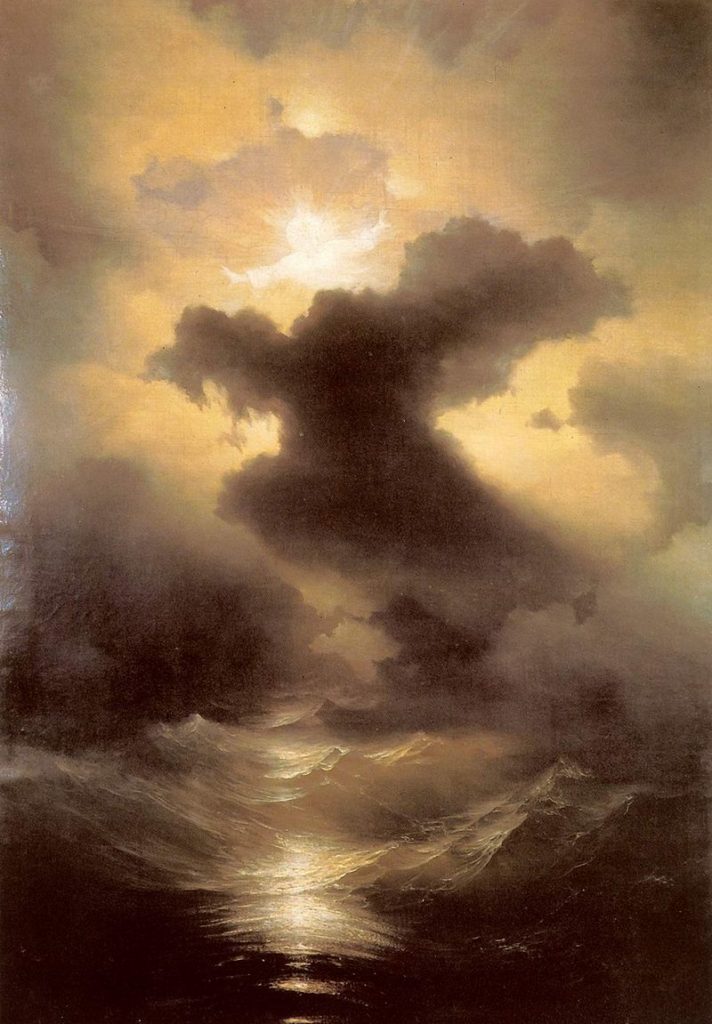
Bravery
“In accepting this challenge to suffer bravely, life has a meaning up to the last moment, and it retains this meaning literally to the end.” Frankl, 1946, pg. 118
When discussing the remarkable attitudes that people choose to adopt in the camps, Frankl often looked to those who chose to face suffering with bravery. Many times, Frankl watched as people walked to their death. They were going to die regardless, but they chose to do so bravely. In this act they redeemed their tragedy. They represented the very best of human nature, shouldering their suffering and showing courage in the face of fear.
Frankl noted that by facing suffering with this bravery, by appealing to the finest qualities of humanity, their life held meaning up until the very last second. Even in situations that are not so extreme, when we face challenges bravely, we can feel that we’re appealing to something higher; the act in itself elevating us in some way. And so, it redeems our tragedy; the bravery overshadows the terror, it instead taking centre stage of our story.
“Sometimes man may be required simply to accept fate, to bear his cross.” Frankl, 1846, pg. 85
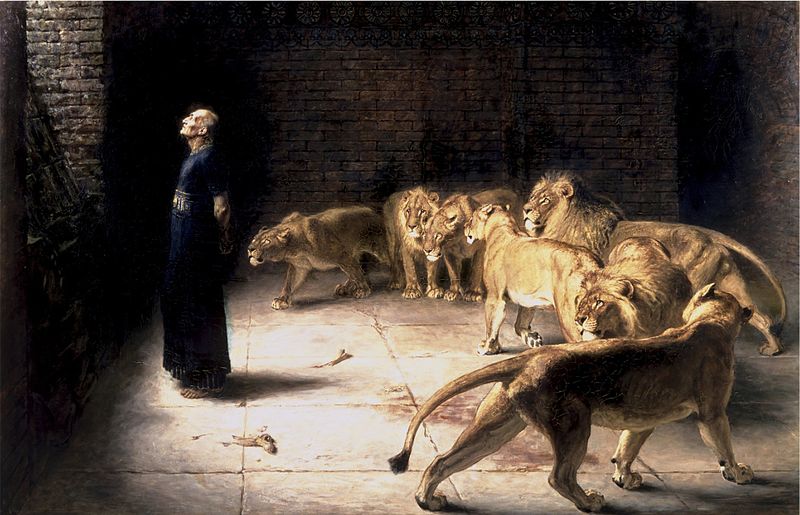
Frankl insists that we always have a choice and proclaims the profundity of bravery. By doing so, he offers meaning in seemingly hopeless situations. It is worth noting who this advice is coming from. It is someone who endured some of the most horrendous conditions ever to be experienced. Most of us, thankfully, can’t even comprehend what it would be like to live through horrors as severe as that. But we can flourish from the teachings of someone who has. It is the treasure retrieved from the nest of the dragon, brought back and dispensed amongst the people. These are lessons to cherish.
“Our generation is realistic, for we have come to know man as he really is. After all, man is that being who invented the gas chambers of Auschwitz; however, he is also that being who entered those gas chambers upright, with the Lord’s Prayer or the Shema Yisrael on his lips.” Frankl, 1846, pg. 136
Frankl, V., (1946), Man’s Search for Meaning, Rider, Ebury Publishing, 2004

